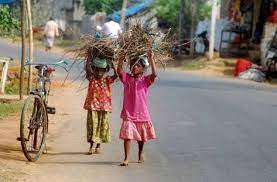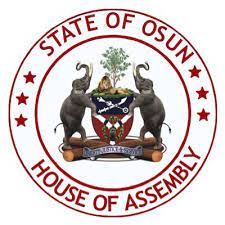THE United Nations Children’s Fund (UNICEF) has revealed that more than 3.3 million children drop out of school between primary 1 and the Junior Secondary School (JSS1) in Nigeria because of poverty and other inhibiting factors.
The Fund said that this poor retention and transition have signicantly contributed to the out-of-school children phenomenon in the country. Nigeria is said to have over 10.2 million school age children that are not in school, with majority of them being are females, especially from the North.
The education manager, UNICEF Field Office, Sokoto, Miriam Moreso, while speaking at a media dialogue on girls’ education in Sokoto, stated that this was what prompted the implementation of the Girls Education Project (GEP3), funded by the United Kingdom Agency, Foreign, Commonwealth and Development Fund Office (FCDO), formerly known as DFID in six Northern states.
She noted that the over 1.2 million out-of-school in Nigeria today remained one of the highest in the world.
According to her, globally there are 129 million out-of-school children representing 32 million lost at the primary school level and 97 million lost at the secondary arm while the completion rates for girls is ratio 9 to 10 in the primary school and 3 to 4 iin the junior secondary school.
Moreso, further noted that the provision of access and delivery of quality education in Nigeria is being affected by low domestic financing, gender and poverty, saying that the girls/children and Almajiris with disabilities in the rural areas will remain disadvantaged.
While stressing that equity gaps are widening by the day in this regard, she noted that formal education alone in the short-term would not be enough to reach all the out-of-school children.
She said education in Nigeria today is seriously underfunded just as the country had been witnessing regressive spending on education in the last few years.
She noted for example that in 2018, only seven percent of the national budget was allocated to education which was far below the 15 to 26 percent that the United Nations Educational Sciencestific and Cultural Organisation(UNESCO) recommended in 2020. It was 6.7 percent, but this was dropped in 2021 to 5.6 percent.
President Muhammadu Buhari had cumulatively allocated a total of 4.68 trillion of the national budget to education in the six years from 2016-2022.
He had on July 28, 2021 at the Global Education Summit in London, promised to progressively increase the Federal Government’s annual domestic expenditure by 50 percent over the next two years, and up to 100 percent by 2025.
While calling on stakeholders to ensure sustainability of the GEP3 project, in the country after the exit of UNICEF, Moreso, said so much had been achieved in the area of enrolment of girls in schools and their transition from primary to secondary education.










